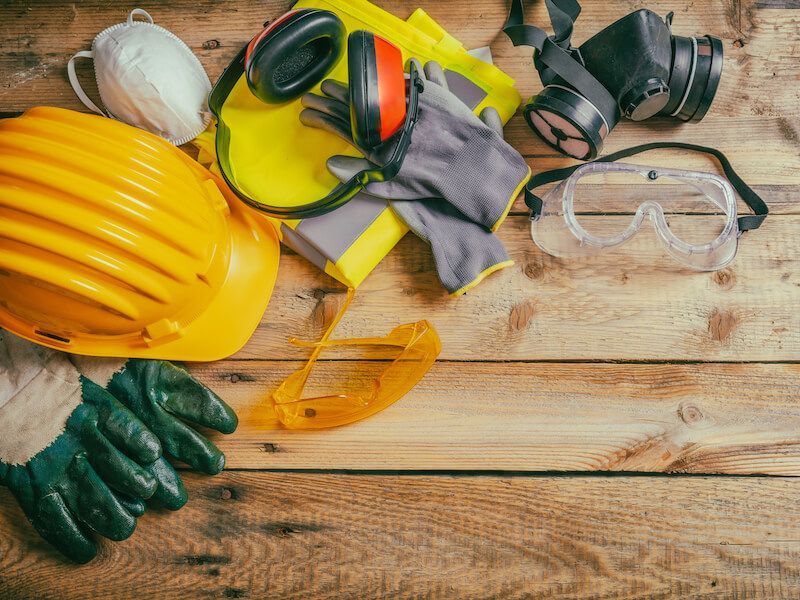Surprise: This is The Most Prevalent Workplace Injury

Every year, about 2 million workplace injuries are documented. Normally, we think about a hand caught in a piece of machinery or a flying projectile when we consider work-related injuries.
But the most prevalent workplace injury is a lot more insidious and commonly goes unreported. It sneaks up on people extremely slowly over the course of several years. The injury goes unnoticed until the effects become impossible to dismiss. People typically make excuses. “It’s just part of growing older” or “It’s a temporary issue”. This response is normal.
And it’s unusual for people to even recognize that their workplace is the cause of this injury.
The insidious injury is damaged hearing. There are numerous warning signs you should recognize, and there are important steps you need to take if you suspect the damage is already done.
Exactly When Does The Volume Become “Too Loud”?
Your hearing can be permanently damaged with prolonged exposure to as little as 85 decibels (dB) over a long period. Seventy-five dB, for instance, is the average volume of a vacuum cleaner. A lawnmower produces 85 dB. If you’re exposed to a leaf blower or a chainsaw you’re dealing with 100 dB. And the volume of a gunshot logs in at 140 dB.
How loud is your workplace? Are you being exposed to the most prevalent workplace injury? Over time, your hearing can be damaged if you are regularly exposed to sound as loud as a lawnmower, even if it’s not constant.
Hearing Damage Signs
If you work in a loud environment, there’s no question you’re damaging your hearing.
Your experiencing hearing loss if you notice any of the following symptoms:
- You can’t understand the person speaking if there’s background sound.
- Conversations sound muffled .
- Loud noises cause pain in your ears.
- You frequently ask people to repeat themselves when they talk.
- When you talk with people you constantly think they are mumbling
- Your family and friends tell you your television, radio, or computer tablet volume is too high .
- You tend to withdraw when people are talking.
- consonants get confused – “Todd” sounds like “Dodd,” for instance.
- You’re hearing noises in your ears like ringing, whistling, or hissing.
What Are Employers Doing to Reduce Hearing Damage?
In settings that are extremely loud, technology is being put to use by businesses or organizations to reduce workplace noise . Workplace noise will be minimized as new guidelines are being put in place by governments to safeguard workers.
As more employees become aware of the chronic damage they have suffered due to workplace noise, they are coming forward. In time, their voices will lead to further change.
Preventing Additional Damage
If you work in a loud environment, the best thing you can do is safeguard your ears before any damage occurs. Wearing protective earmuffs or earplugs while at work will help reduce potential damage.
Schedule an appointment for a hearing exam as soon as possible if you believe a noisy workplace has caused injury to your hearing. When you determine the degree of your hearing loss, you will learn how to avoid further damage going forward. We address any hearing damage you already have and develop strategies to help you counter any further damage.


